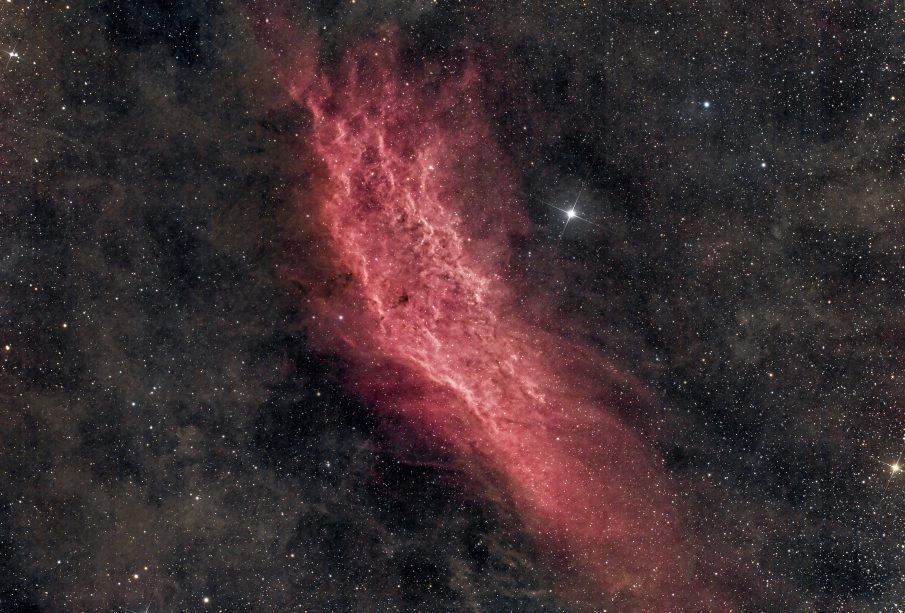The Role of NASA in Space Exploration and Research

Introduction
NASA, the National Aeronautics and Space Administration, has played a pivotal role in advancing space exploration and scientific research since its establishment in 1958. As a leader in aeronautics and space technology, NASA not only fosters a greater understanding of the universe but also inspires innovation on Earth. With ongoing missions to Mars, the Moon, and beyond, NASA’s efforts are crucial in addressing fundamental questions about our solar system and the potential for life beyond Earth.
Recent Developments
In recent months, NASA has ramped up its activities as part of its Artemis program, which aims to return humans to the Moon by 2024. The programme emphasizes sustainable lunar exploration and aims to establish a lasting presence on the lunar surface. In August 2023, NASA successfully launched the Artemis I mission, an uncrewed flight that showcased the Space Launch System and the Orion spacecraft. This successful mission tested vital systems that will be used in future crewed flights, illustrating NASA’s commitment to safe and effective space exploration.
Moreover, NASA’s Perseverance rover continues to explore the surface of Mars, conducting experiments that seek to uncover the planet’s past environment and signs of ancient life. The rover’s recent findings, including the discovery of organic compounds, have excited scientists and sparked discussions about the potential for life on Mars. These discoveries are part of a larger strategy to prepare for potential human missions to Mars in the 2030s.
International Collaboration
Another significant aspect of NASA’s mission is its ongoing collaboration with international space agencies. The agency is working closely with partners like the European Space Agency (ESA) and the Japan Aerospace Exploration Agency (JAXA) to share knowledge and resources. These collaborations have paved the way for future joint missions, such as the upcoming Lunar Gateway project, which will act as a staging point for deep-space exploration.
Conclusion
Navigating the cosmos is a complex endeavour, but NASA’s unwavering commitment to exploration, research, and international collaboration showcases its critical role in the future of space science. With planned missions to both the Moon and Mars, the agency is paving the way for a new era of discovery. For the general public and aspiring scientists alike, NASA’s missions inspire curiosity about the universe and underscore the significance of space exploration in addressing global challenges and expanding our horizons.









